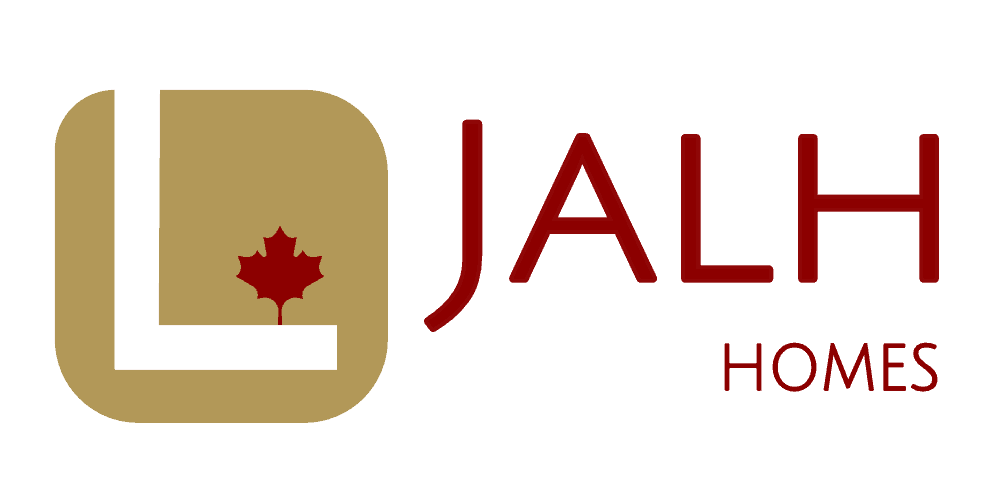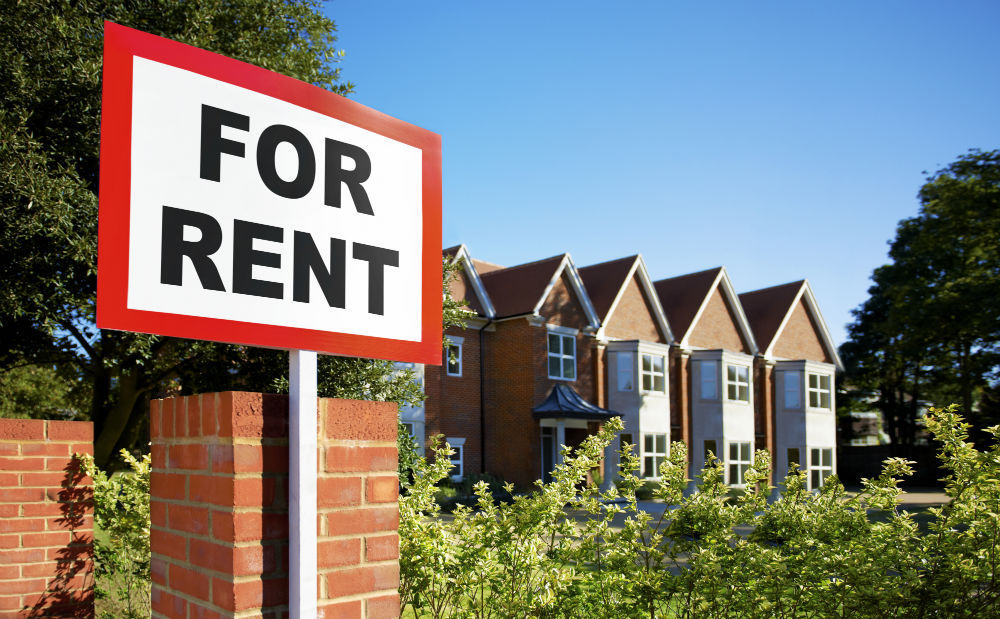Further to my last post, especially the feasibility of achieving the positive cash flow in investing in rental properties, here are some communications regrading this topic between me and Jonathan Huang from CIBC Bank, and I would like to share it here with his consent.
“…Based on current real estate market situation in Vancouver, if someone wanted to buy a $1 million dollar home and rent it out, the owner would have to put a specific amount of a down payment towards the purchase in order to generate a positive cashflow from the rental income.
Scott McGillvray talked about investing in rental properties that are easily rented out. From the examples he used in the seminar, it seems that a target potential for tenants would be students. The appreciation of the property value would not be the main objective for such an investment, but a positive cash flow is. As long as the property’s rental income can cover all the costs including mortgage payment (principal and interest), property tax, strata fees, etc., then it could be considered for a potential purchase.
With the growing population of the students (both international and domestic), the Lower Mainland condo or apartment real estate market offers a tremendous opportunity for investors. For example, in the New Westminster SkyTrain Station area, a two bedroom apartment is available in the price range of $260K to $300K. Such a property can potentially generate a rental income of $1,400 to $1,600 monthly.
Let’s use an example of a $280,000 apartment with a $1,500/month rental income:
20% down payment: 280000 @ 20% = $56,000
Mortgage amount: 280000 @ 80% = $224,000
A current three-year fixed rate mortgage is 2.45% (CIBC special rate, subject to change)
The monthly mortgage payment: $877.82 (principal $422.80 and interest $455.02 based on 30 year amortization)
The property taxes: ~$1,500/12 = $125.00
Strata Fee: ~$230 = $230.00
The total monthly cost would be ($877.82 + $125.00 + $230.00) = $1232.82
The net cash flow of this investment: $1,500 – $1,232.82 = + $267.18
If $5073.60 ($422.80 x 12) in principal is paid towards the mortgage, which increases the equity of the property by the same amount each year assuming the property valued remains constant, then the annual positive cash flow would effectively yield a 5.72% ($267.18×12/$56,000) return on the $56,000 down payment. This is a much better than a 5 year GIC rate of a mere 2.00%.
The above analysis is for illustrative purposes only. The ultimate decision on whether or not a person should invest in a rental property should be based on the client’s entire financial picture, including the investment objective, and any long term investments should be considered in conjunction with tax planning, retirement planning, estate planning, etc.
… …”
“Thanks for your input, Jonathan.
From the example you gave, it is a $300,000 condo. If one wanted to invest in a million dollar house, then he will have to rely on the capital gain in the long run, and he won’t get positive cash flow.
… …”
“It is not going to achieve a positive cash flow with a million dollar property which has a 80% mortgage. The time for a quick capital gain is gone unless there would be a chaos in the rest of the world and all the riches wanted come to Canada.
People can still buy very old houses and rebuild a new one, but that is a totally different ball game.
… …”

